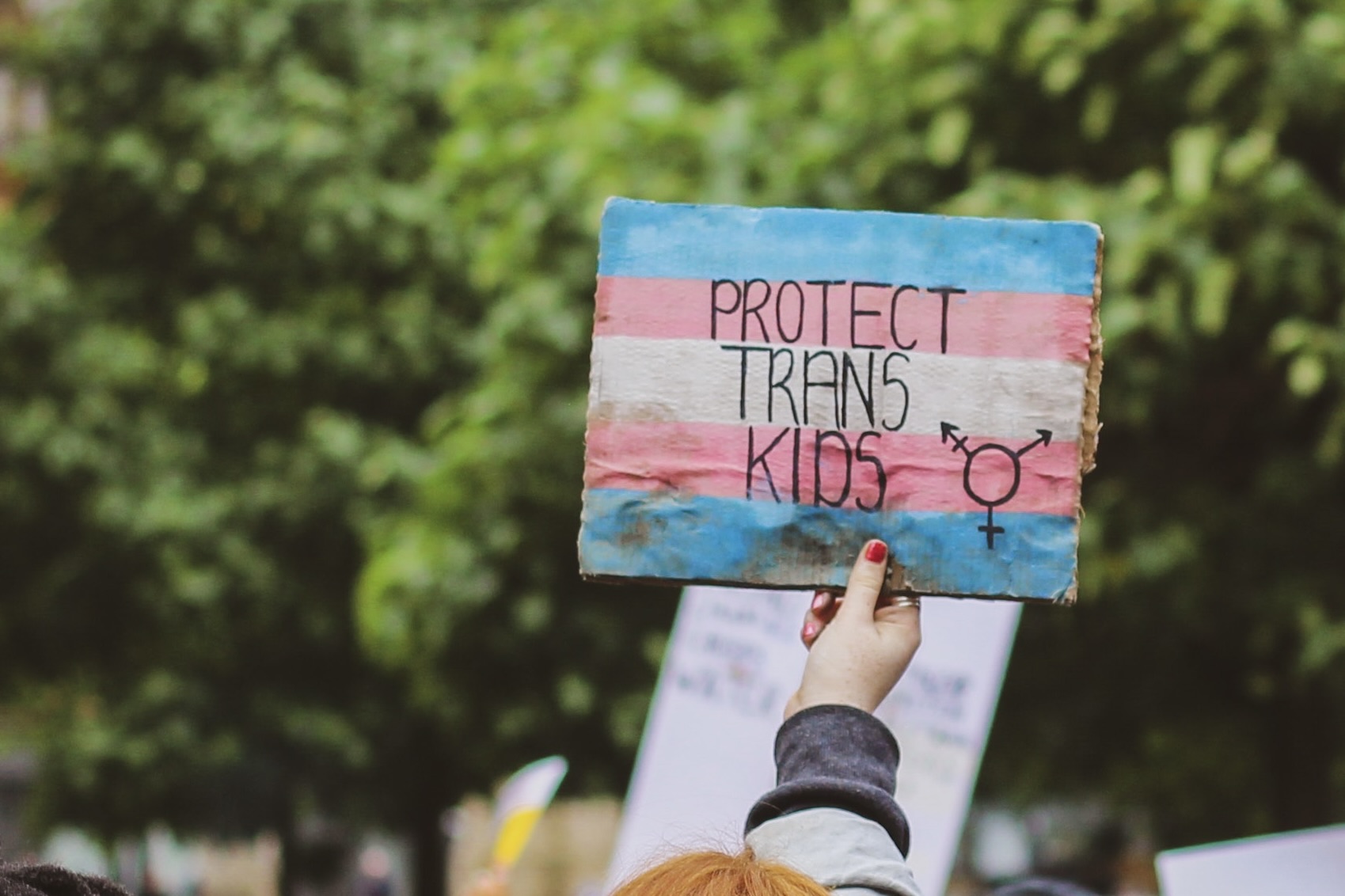Court rules years-long NHS waiting times for trans people are lawful
The judge concluded that a 4 year wait was lawful.

A group of trans people has lost its High Court case against NHS England over waiting times for gender-affirming care.
The group – two adults and two children, the charity Gendered Intelligence, and the Good Law Project – presented their case on Monday (16 January).
The judge ruled the waiting times, more than four years in one case, were lawful. The Good Law Project says average waiting times for young trans people is nearly 3 years, while adults face over 4 years.
Justice Chamberlain said it’s “important to acknowledge the serious effects of long waiting times” on the two children awaiting treatment.
“Their distress and fear, as described by their parents, is particularly affecting because its source lies in their own changing bodies,” he added.
Furthermore, Justice Chamberlain noted it is regretful “many other children and adolescents waiting for children’s GID [gender identity development] services must face the same distress and fear.”
Eva Echo, one of the adults bringing the claim, said she was “extremely disappointed” by the court’s decision.
“These delays predate Covid and this is about individuals getting important and in some cases, life-saving care,” she added as reported by the BBC.
Claimants also argued NHS England was failing to ensure 92% of patients referred for non-urgent care start treatment within 18 weeks.
They stated that extended waiting times to see a gender dysphoria specialist are discriminatory. They also argued delays for trans people are longer than any other type of NHS treatment.
Much of case hinged on the 18-week waiting time target. The judge concluded that it “does not regard failure to achieve that standard” as a breach.
Court documents show there were more than 26,200 adults waiting for a first appointment at a gender clinic as of August 2022. 90% of those waiting had reportedly been doing so for more than the expected 18 weeks.
The judge said long waiting times for gender identity services are down to “increased demand; recent clinical controversy surrounding the treatment; the difficulty in recruiting enough specialists despite having funding; and the need to redesign the commissioning model.”
An impact of extended waiting times is worsening gender dysphoria which can have a harmful impact on daily life.
The Good Law Project, which helped bring the legal action, has said they will seek an opportunity to appeal.
Emma Dearnaley, the charity’s legal director, added: “we believed it was a strong and important case to bring.”
“Whilst this is not the outcome we hoped for, we will continue to do what we can to help trans and non-binary people live their lives free from inequality.”
